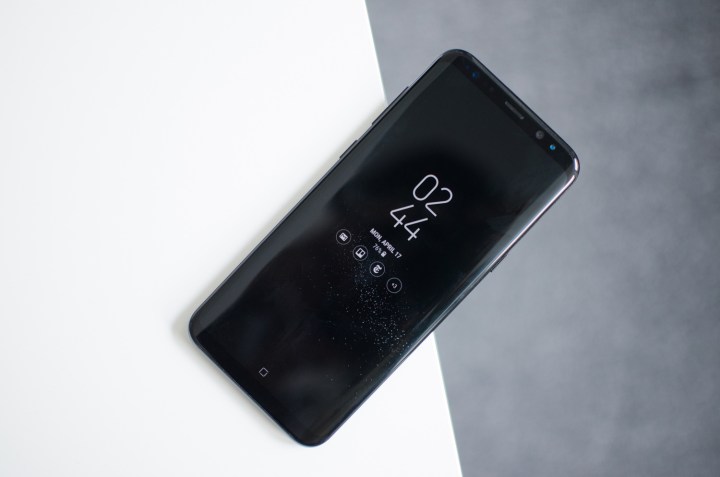
Google Play Music is a streaming service like Spotify and Apple Music, and while there is a free version, a subscription will get you full access to more than 40 million songs. Going forward, Google and Samsung said that Play Music will be the default music player and streaming service on all new Samsung phones and tablets. That’s huge news for Google — Samsung is the largest Android smartphone maker, and this partnership could give a big boost to subscriber numbers.
Owners of new Samsung devices will get some extra perks: The free music upload limit has been upped to 100,000, rather than the 50,000 songs a regular paying or nonpaying subscriber can upload, and new Samsung phones and tablets will offer a free three-month trial of Google Play Music. Subscribing to Google Play Music means you are signed up for YouTube Red, which offers ad-free access to YouTube, as well as special programming. New Samsung device owners will be able to take advantage of this as well.
As announced at Samsung Unpacked, where the company debuted the Galaxy S8, Google Play Music will also work with Bixby, Samsung’s new artificially intelligent assistant. Only a handful of Samsung apps work with Bixby, so Google Play Music integration will likely open the door to other third-party services. This will launch later in the spring alongside Bixby Voice.
If you don’t want to use Google Play Music, Samsung’s music-playing app is still available on the Play Store for download. Again, these Samsung-exclusive features are only available for new Samsung phones and tablets, and it does not affect existing devices.


